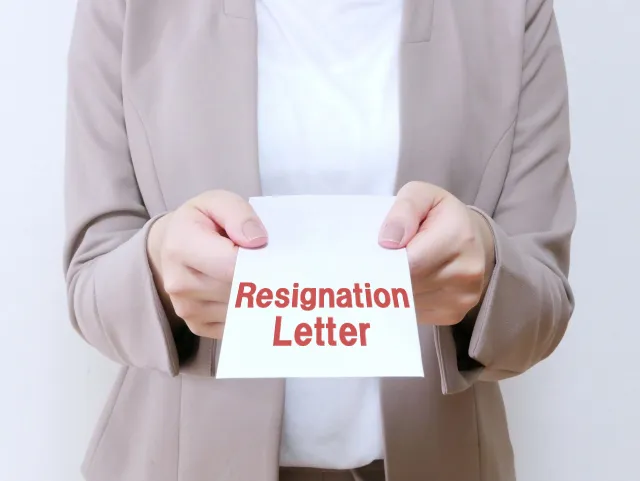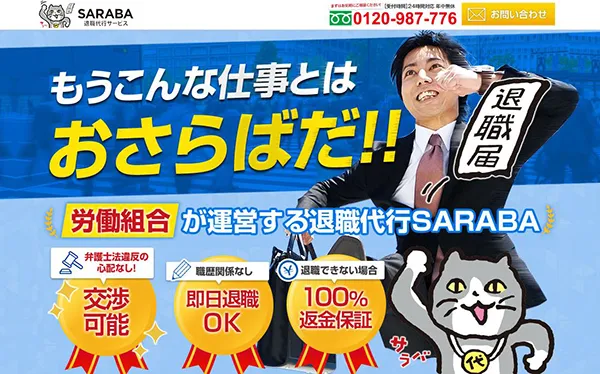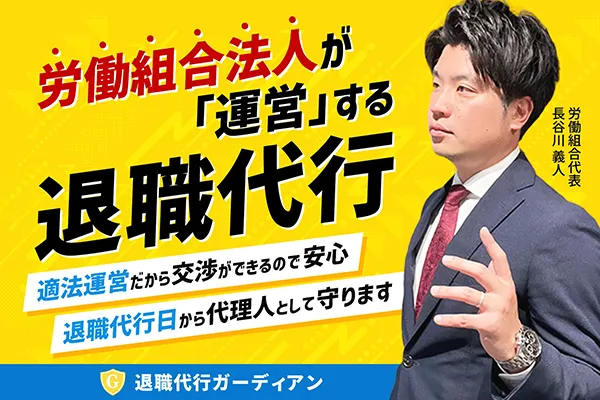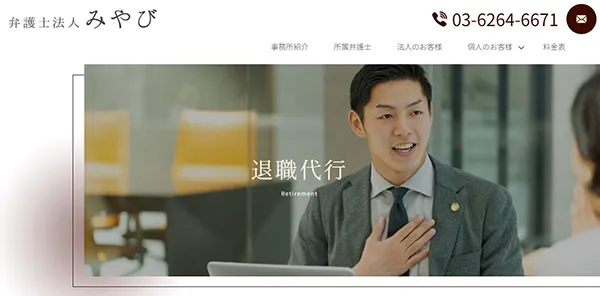Have you ever heard of a “resignation agency”?
If you’re living outside Japan, this term might sound unusual—or even strange.
But in Japan, resignation agency services (退職代行サービス / taishoku daikō) have become extremely popular over the last few years, especially among younger workers who feel trapped, overworked, or simply unable to tell their boss they want to quit.
In this article, we’ll dive deep into what these services are, why they exist, how they work, how much they cost, and which companies are the most trusted today.
What Is a “Resignation Agency” in Japan?

A resignation agency is a company that contacts your employer on your behalf to announce that you are quitting.
Yes—you don’t have to talk to your boss at all.
They deliver your resignation notice, handle communication with the company, and guide you on what to return, what paperwork to expect, and what to do next.
It’s essentially outsourcing one of the most emotionally stressful tasks in Japan:
telling your company that you’re leaving.
While it may sound unusual to people from Western countries—where resigning is generally as simple as sending an email—Japan’s work culture makes quitting much more emotionally and socially difficult.
Why Did These Services Start?

To understand resignation agencies, you first have to understand why quitting in Japan is not easy.
1. Strong hierarchical culture
Japanese workplaces are highly hierarchical.
Junior employees are expected to be loyal, humble, and obedient.
Quitting can be seen as “causing trouble” for the team.
2. Pressure to stay, even if unhappy
Many companies try to persuade employees to stay, sometimes aggressively.
It’s common for managers to guilt-trip workers by saying things like:
- “Think about your coworkers.”
- “We’re already short-staffed.”
- “Can’t you endure a little longer?”
For people who dislike confrontation, this is extremely stressful.
3. Long working hours and burnout
Japan is internationally known for overwork culture (過労 / karō).
Many workers are exhausted and mentally drained, making it hard to confront management.
4. Legal protection: You can resign anytime
Legally, anyone in Japan can quit with two weeks’ notice under the Civil Code.
But in reality, companies often pressure workers to stay longer or refuse to accept resignations immediately.
Because of these issues, resignation agencies emerged around 2017–2018, exploded on social media, and quickly became a widely accepted service.
How Many People Use Resignation Agencies Today?
While exact numbers vary, industry estimates suggest:
- Over 50,000 to 70,000 people per year use these services
- Usage is highest among:
- young employees in their 20s–30s
- people working in retail, hospitality, or low-wage jobs
- people suffering from workplace harassment
- employees in “black companies” (exploitative companies)
Foreign workers in Japan—especially those who struggle with Japanese language or feel pressured by supervisors—also use these services.
It has now become mainstream enough that even major TV programs have covered it.
How Does the Service Work? (Usage Flow)

Most resignation agencies follow a simple process:
Step 1 — Contact the agency
You message them via LINE, email, or their website.
Many are available 24 hours.
Step 2 — Provide your employer’s information
You give them:
- Company name
- Manager’s name
- Your employment type
- Reason for quitting (optional)
Step 3 — Payment
Most companies offer a fixed price (no hourly fees).
Once you pay, they immediately begin the process.
Step 4 — The agency contacts your employer
They tell your employer:
- You are resigning
- All future communication must go through the agency
- You will not return to work anymore
- They must send final documents (like your resignation letter, insurance documents, etc.)
Step 5 — You’re officially free
You will usually never have to speak to your company again.
This is the biggest benefit—zero direct confrontation.
How Much Does a Resignation Agency Cost?

Prices are surprisingly affordable considering the emotional burden they remove.
Typical price ranges:
| Type | Cost (JPY) |
|---|---|
| Full-time employee | ¥20,000–¥30,000 |
| Part-time or temp | ¥10,000–¥20,000 |
| Optional lawyer support | +¥30,000–¥50,000 |
Most agencies have flat fees, no additional charges, and a “full refund guarantee” if the company fails to deliver the notice.
Major Resignation Agency Companies in Japan

Below are 3 of the most well-known and reliable companies today.
1. 退職代行SARABA (SARABA Resignation Service)

One of the most famous and reputable services.
Highlights
- 24/7 availability
- Flat fee: around ¥24,000
- They respond immediately via LINE
- Very high success rate
- Suitable for foreigners (simple Japanese communication)
Strength: Fast, affordable, highly experienced.
2. 退職代行ガーディアン (Guardian)

Operated by a labor union, which gives it strong legal backing.
Highlights
- Official union involvement
- Companies legally cannot ignore union notifications
- Clear pricing around ¥29,800
- Reliable for difficult cases and stubborn employers
Strength: Strongest legal protection without hiring a lawyer.
3. 弁護士法人みやび (Miyabi Law Firm)

A full legal office that offers resignation support.
Highlights
- Handled by licensed attorneys
- Can negotiate unpaid wages or harassment cases
- Higher fees (¥55,000+)
- Ideal for complicated or abusive companies
Strength: Best for legal disputes.
Are These Services Legal?
Yes—except when companies illegally try to impersonate lawyers.
Agencies can:
- deliver messages
- notify employers
- handle basic communication
They cannot:
- negotiate legally
- claim unpaid wages
- draft legal documents
For these tasks, only lawyers can intervene.
This is why some agencies cooperate closely with labor unions or attorneys.
Why Do People Use Them?

✔ They want to avoid confrontations
Especially with strict bosses or guilt-heavy workplaces.
✔ They fear pressure to stay
Many Japanese companies do not accept resignations easily.
✔ They are mentally exhausted
Some employees simply cannot mentally handle the conversation.
✔ They want to stop going to work immediately
Agencies allow same-day resignation.
✔ They want a smooth, stress-free exit
For many, the peace of mind is worth the fee.
Is It Useful for Foreign Workers in Japan?

Yes—actually, foreigners often find these services even more helpful.
Why?
- Language barriers
- Unclear company rules
- Visa concerns
- Cultural differences
- Fear of confrontation
Agencies can provide clear instructions and reduce misunderstandings.
Just remember:
Quitting does not cancel your visa, as long as you follow proper procedures and seek new employment if required.
Final Thoughts

Resignation agencies are a uniquely Japanese solution to a uniquely Japanese problem.
In a society where people feel guilty about causing trouble, even when protecting their own health, these services provide a lifeline of emotional relief.
They are:
- affordable
- fast
- legally safe
- extremely effective
- widely used
If you ever struggle with quitting a job in Japan—whether you’re Japanese or a foreign resident—knowing that this option exists can be a huge relief.
You don’t have to suffer alone.
And you definitely don’t have to explain yourself to a boss who won’t listen.
Thanks for reading!
Exciting Outdoor Activities Here








